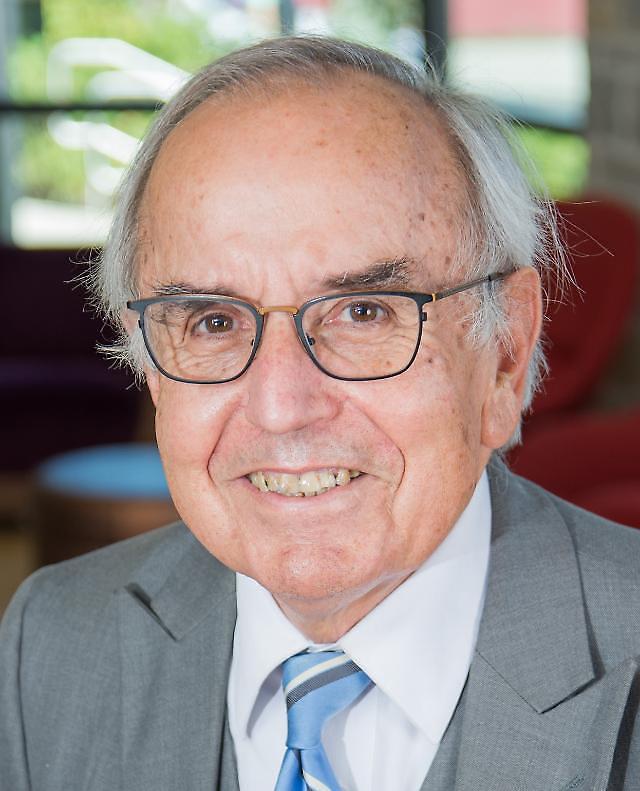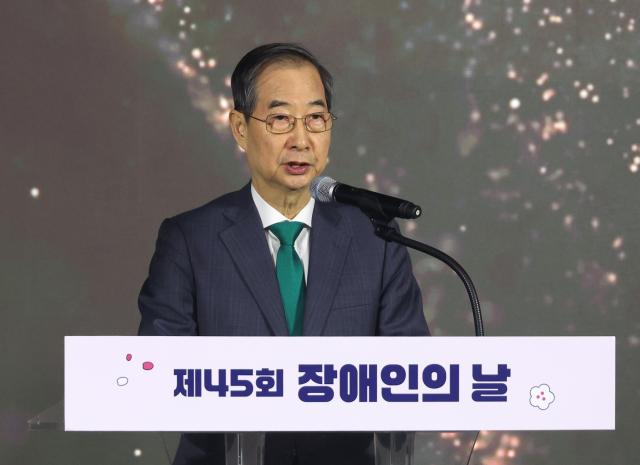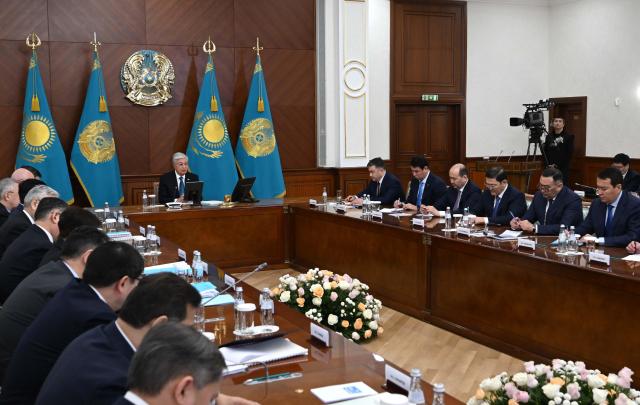
[Arthur I. Cyr]
KENOSHA -- As the costly war in Ukraine grinds on, Russian President Vladimir Putin adopts an increasingly menacing posture. In particular, he is making more references to the possibility of using nuclear weapons.
On June 16, Putin delivered a ninety-minute keynote address at the St. Petersburg International Economic Forum. He referred specifically to the possibility of using nuclear weapons in the war and noted that Russia is emplacing relatively less destructive or so-called “tactical” nuclear weapons in the sympathetic state of Belarus, just north of Kyiv Ukraine.
This is in the context of generally deteriorating Russia-U.S. relations, including in military fields. In January 2021, the important New START Treaty was extended for five years. The agreement, which was about to expire, limits nuclear warheads on each side to 1550, plus limitations on missiles and bombers.
However, last November talks on resuming inspections were suddenly suspended. Russia has announced the treaty is now in jeopardy. In January, Russia’s Deputy Foreign Minister Sergei Rablov denounced U.S. efforts to impose “strategic defeat” on Moscow in Ukraine.
Putin repeated the refrain about the alleged Western goal of strategically defeating Russia in his address, along with again spouting the fiction that the West is the aggressor.
He also declared that Ukraine President Volodymyr Zelensky “is a disgrace to the Jewish people.” He included the often-repeated falsehood that Ukraine is being run by “Nazis” supported by the West. This ugly Orwellian reversal of reality harkens back to the worst years of Soviet totalitarianism.
The Trump administration experienced problems with arms control. The initial emphasis on ending North Korea’s nuclear weapons program was unsuccessful. In August 2019, the administration withdrew from the Intermediate-Range Nuclear Forces (INF) Treaty, complaining of violations by Russia.
The Obama administration emphasized Nuclear Summits involving large numbers of nations and international organizations. The 2016 Nuclear Summit in Washington D.C. concluded with a formal statement underscoring nuclear weapons control.
Unfortunately, Russia did not participate. That reflected strained relations following the annexation of Crimea in 2014.
The first Nuclear Summit took place in 2010, also in Washington D.C.
In 1986, during a summit meeting in Iceland, Soviet General Secretary Mikhail Gorbachev and President Ronald Reagan reached a broad accord on arms control. The practical result was the INF Treaty signed in 1987.
Another benchmark in the history of nuclear weapons, arms control, and the Cold War occurred in 1972 when the Strategic Arms Limitation Talks (SALT) led to treaties between the U.S. and the Soviet Union, a historic achievement of President Richard Nixon and associates.
Additionally, the International Atomic Energy Agency, an initiative of President Dwight Eisenhower, facilitates peaceful nuclear energy and provides a long-term drag on military pressures to get the Bomb. Ike, always comprehensive in vision, also achieved the demilitarization of Antarctica.
This record of sustained advocacy of arms control dates all the way back to the earliest phase of the Cold War. The Truman Administration proposed a comprehensive United Nations effort to regulate nuclear energy and fissionable materials. The Soviet Union vetoed the initiative.
Putin’s aggressive, threatening rhetoric directly reflects the weaknesses of Russia and the severe drains of the war. Keep that in mind, but also that in contrast to earlier Soviet leaders, Putin has no military experience. He rose in the KGB, technically part of the military but actually a separate intelligence arm.
Schemes, not strategies, are his familiar milieu, along with cold-blooded cunning.
Our policies must be carefully planned and executed. Nuclear war is unlikely but possible.
Copyright ⓒ Aju Press All rights reserved.





View more comments